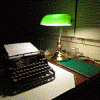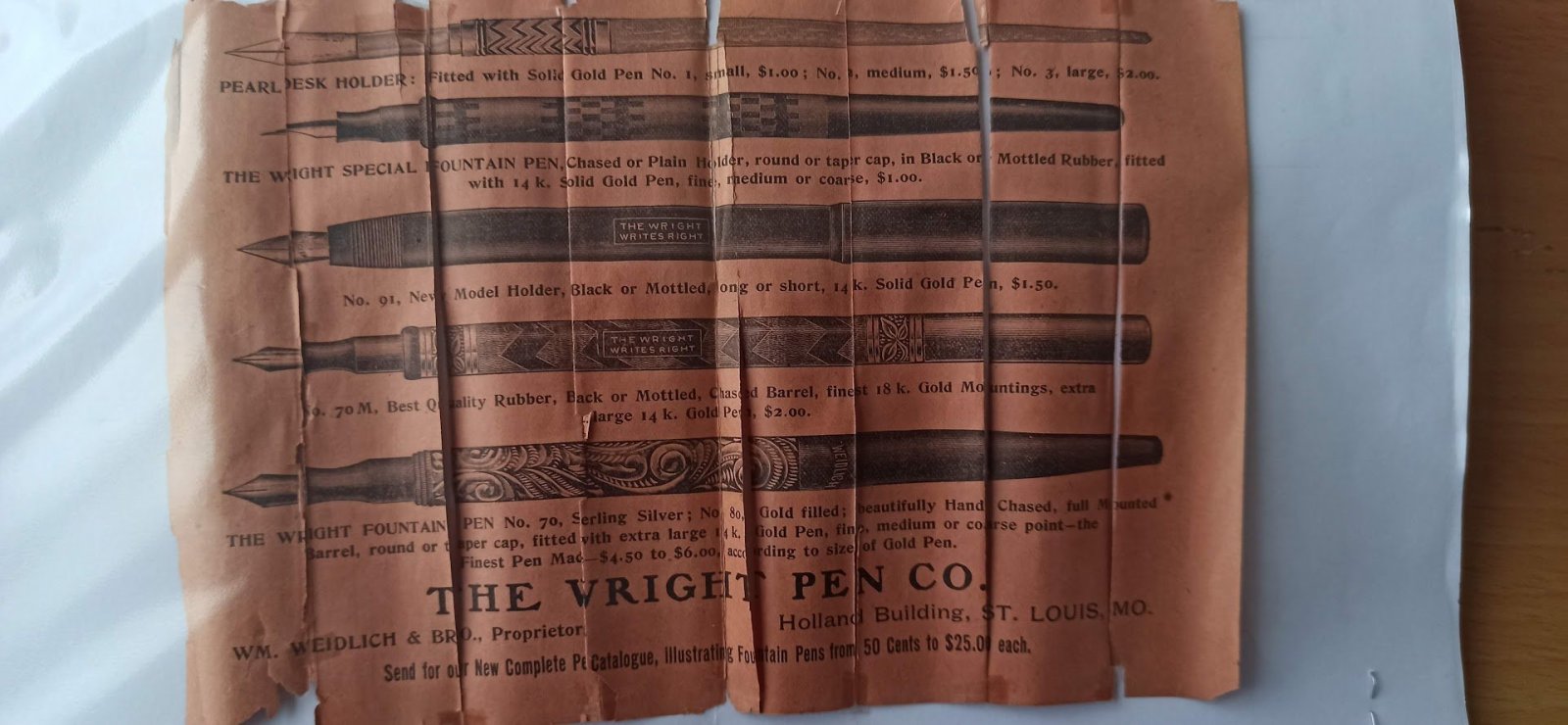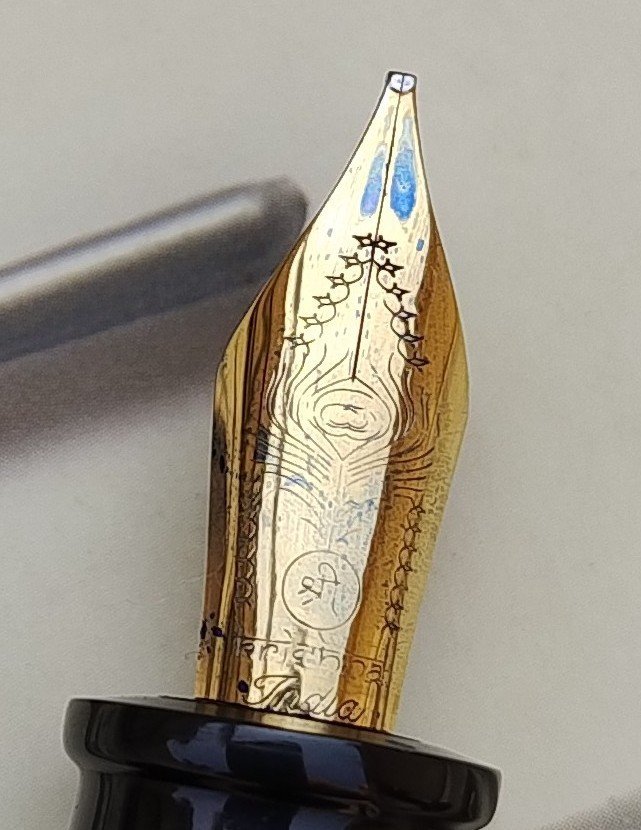WWI-era fountain pens.
-
Forum Statistics
355.1k
Total Topics4.6m
Total Posts -
Member Statistics
128,165
Total Members18,857
Most OnlineNewest Member
Charlesnab
Joined -
Images
-
Albums
-
USG 8
- By USG,
- 0
- 0
- 18
-
other
- By shalitha33,
- 0
- 0
- 35
-
Tropen Gold
- By Vinamis,
- 1
- 0
- 8
-
Pen Pics 3
- By K Singh,
- 0
- 0
- 16
-
Photos misc
- By Astronymus,
- 0
- 1
- 18
-


















.thumb.jpg.f07fa8de82f3c2bce9737ae64fbca314.jpg)



.thumb.jpg.331e554113c33fb39d5bf3233878978a.jpg)





Recommended Posts
Create an account or sign in to comment
You need to be a member in order to leave a comment
Create an account
Sign up for a new account in our community. It's easy!
Register a new accountSign in
Already have an account? Sign in here.
Sign In Now